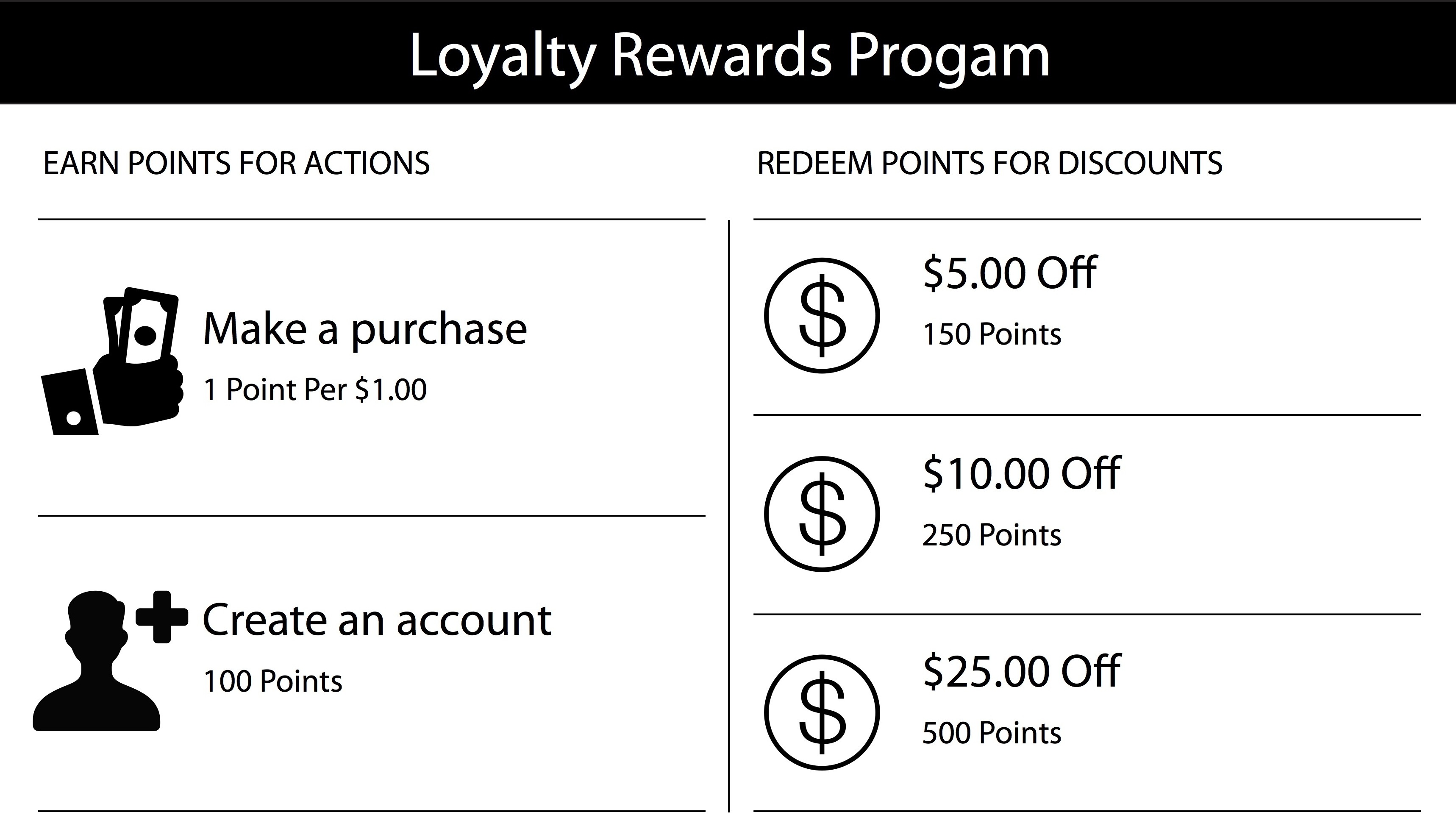Wellness Demystified: We Can Help You Discover Optimum Health
7 Simple Lifestyle Changes to Reduce Stress and Anxiety

Do you suffer from chronic stress and anxiety? Statistics show that roughly 77% of the U.S. adult population experiences physical symptoms brought on by psychological stress. Whether it’s insomnia, fatigue, high blood pressure, etc., stress can trigger some very real physical symptoms. This article explores seven simple lifestyle changes for reducing stress and anxiety.
Often described as the “silent killer,” stress can take a toll on your health in multiple ways. When you are stressed, your body responds by producing an excessive amount of the hormone cortisol, which is released by the adrenal glands. That is entirely normal and is responsible for the human body’s fight-or-flight mechanism. However, chronically high levels of cortisol can interfere with many biological functions.
When cortisol levels remain elevated, it can lead to blood sugar imbalances (hyperglycemia), loss of bone density, high blood pressure (hypertension), insomnia, thyroid disorder, fatigue, increased abdominal fat, and immune system suppression. Thankfully, there are ways to control your stress and regulate your body’s cortisol levels.
1) Exercise
The first step in fighting chronic stress and anxiety is to develop a physical fitness regimen. Whether you prefer running, jogging, cycling, lifting weights, swimming, etc., physical activity is essential for combating stress.
According to the Anxiety and Depression Association of America (ADAA), exercise decreases tension, improves mood, promotes better sleeping habits, and lifts self-esteem—and it only takes five minutes of exercise to stimulate these effects.
The stress-fighting benefits of exercise can be attributed to endorphins. Exercise promotes the release of pain-killing chemicals in the brain, known as endorphins. These endorphins essentially counter the effects of cortisol, thus lowering your stress levels.
2) Keep a Stress Journal
Writing down your thoughts and feelings is a form of self-therapy proven highly effective at reducing stress and anxiety. Known as a “stress journal” or “stress diary,” it consists of daily logs about stressful events and how you responded to them. There are several benefits to keeping a stress journal. It creates a documented log of your stress while also getting those stressful thoughts off your mind and onto paper.
In this journal, try to include the following information:
- The date and time of stressful events
- Your level of stress on a scale from one to 10 for each event
- Cause of the stress
- Physical and psychological symptoms you experienced as a result of the stress
- How you responded to the stress
- Possible improvements that can help you better the stressful event
3) Cut Back on Caffeine
If you suffer from chronic stress, you should reevaluate your diet. Coffee, soda, energy drinks, and other caffeinated foods and beverages promote higher cortisol levels, so consume them in moderation. If you usually start your day with a cup of coffee, consider switching to decaf instead. It tastes just as good but doesn’t contain the same stress-inducing caffeine as regular coffee.
4) Sleep
How many hours of sleep do you get on a typical night? According to a study conducted by the American Psychological Association (APA), people who sleep less than eight hours a night are more likely to report symptomatic stress than their counterparts who sleep for eight or more hours.
Sleep plays a crucial role in health and well-being. It facilitates cellular repair and muscle development, restores our energy levels, regulates our hormone levels, and it promotes proper chemical balance. Importantly, stress can interfere with your ability to get a peaceful night’s rest. Therefore, many people who suffer from chronic stress don’t get enough sleep, causing even higher levels of stress.
If you struggle to stay asleep at night, try to develop a schedule in which you go to sleep and wake up at the same time. Once your body falls into this rhythm, you’ll have an easier time sleeping.
5) Listen to Music
You might be surprised to learn that music can reduce stress and help you relax. One study conducted by researchers at Stanford University found that music has roughly the same effects on brain functioning as medication. So, if you feel stressed, try putting on some headphones and listening to your favorite tunes. It’s a simple and easy way to reduce stress and anxiety.
With that said, you need to choose the right type of music. Not all music has the same effects. Gentle melodies with a slow-to-moderate tempo can reduce stress, whereas hard melodies with rapid tempo can promote stress. Experiment by listening to different types of music and observing how you feel while listening to them.
6) Social Interaction
Sometimes all it takes to fight stress and anxiety is a little social interaction. It’s human nature to crave social interaction. When you don’t get this interaction (or enough of it), your body responds by producing stress and cortisol. Consequently, engaging with friends and family has the opposite effect by lowering cortisol and simultaneously increasing levels of good chemicals in the body, like oxytocin.
The next time you feel stressed, call a friend or family member to see if they are interested in meeting up. Maybe you can go out for dinner or perhaps you can go to a local park. It doesn’t matter what you do; it only matters that you do it with another person. This social interaction is essential to nipping stress and anxiety in the bud.
7) Deep Breathing Exercises
Finally, try some deep breathing exercises. According to WebMD, this is one of the most effective ways to lower stress. Deep breathing exercises work by combating the effects of stress.
There are dozens of ways to perform deep breathing exercises. One of the most basic, however, involves lying flat on your back, placing your hands by your sides, and taking slow, deep breaths. After you inhale, hold it for about three seconds, and slowly exhale. Repeat this process for about five to 10 minutes or until you feel relaxed.
Don’t let stress control your life. Follow the tips listed here to fight stress and its associated symptoms.
© 2019 Nutrients Solutions, LLC. All rights reserved. Disclaimer: The information provided is for educational purposes only and does not constitute medical advice. Always seek the advice of your physician or qualified healthcare provider with any questions or concerns about your health. Check with your doctor before beginning any exercise program. Never disregard or delay seeking medical advice because of something you have heard or read in this article or the internet.












